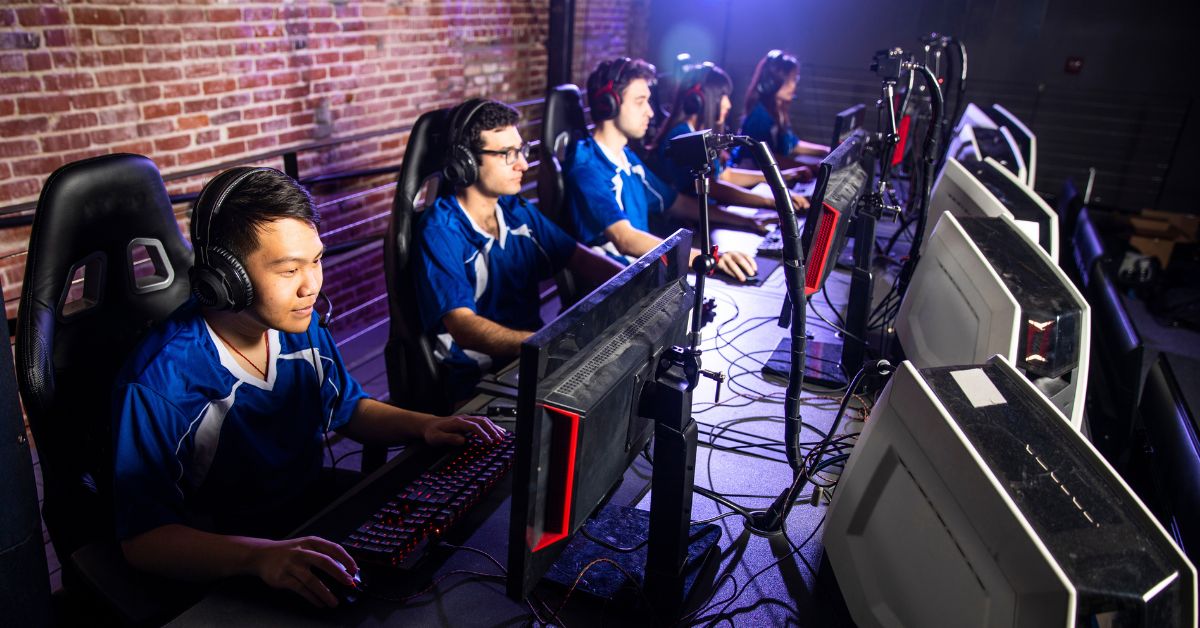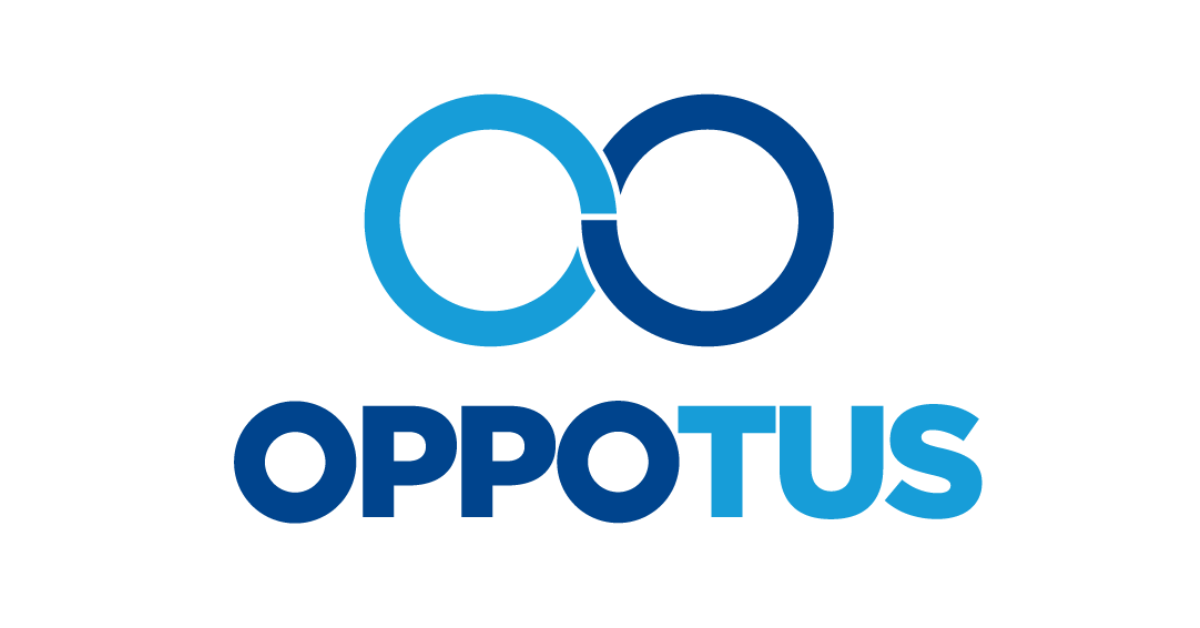
Malaysia’s Esports Journey: World Cup 2025 & Beyond
Now is the moment when the flourishing landscape of esports is in the global spotlight with the Esports World Cup (EWC) 2025 currently taking place in Riyadh, Saudi Arabia. With over 20 different game titles being contested by 28 teams hailing from different countries around the world, and a total prize pool of over USD70,000,000 at stake, this is the largest international esports tournament that we have had to date.

As one might expect from an event of this scale, there are also multiple partnerships that have been formed with global brands such as Sony, Lenovo, Hilton and Amazon to bring the excitement and action to esports fans watching all around the world. The involvement of such widely known brands is a sign of the expansive reach to worldwide consumers that esports has grown. There is also further legitimacy added by the involvement of several renowned non-endemic brands (brands which provide goods/services that aren’t necessarily directly related to the activities of the event – in this case esports), which reinforces the notion that esports is now a mainstream attraction. This is reminiscent of major international sporting events such as the Olympics, which had non-endemic sponsors such as Samsung, Toyota, and Intel in 2024.
With a competition of this immense scale taking place from July to August and packed with high-stakes action, we of course had to dive in and take a closer look at how Malaysians have been engaging with the Esports World Cup 2025.

When asked if they were aware of this year’s EWC, 47% of Malaysians said they were already aware of it taking place. Out of all the respondents, a whopping 85% said that they were either very or somewhat likely to watch/follow the EWC as it is taking place, indicating a strong Malaysian interest in esports overall.

Looking at the top 10 most anticipated games to be watched this year, we can clearly see the gaming franchises that Malaysians are most interested in, with the top 6 entries being dominated by Mobile Legends, Call of Duty, and PUBG, which each have two different entries in the EWC. However, Mobile Legends remains the most popular title by far amongst Malaysian esports fans, with 57% of those following the EWC being invested in that particular title (possibly more if including the women’s invitational category).

The profile of those who are aware of the EWC has a clear trend towards the 25-34 age group, with the average age being on the younger side at 33 years old. Comparatively, more males are aware of the EWC, along with the profile being skewed towards Malay fans and those who work as PMEB.


With the above profile in mind, it is vital to take a closer look at the youth esports landscape in Malaysia, as that is where the majority of esports fans are concentrated. Looking at the trend over the past 5 years, we see a clear and steady increase in awareness and familiarity regarding esports amongst Malaysians aged 18-34. While esports was already considerably popular in 2020, that popularity has only risen to the point where virtually all Malaysians in the 18-34 group are aware of esports at 95%, with a significant majority being familiar with esports at 68%.

As for the ways that the members of this age group keep themselves updated with esports, we see that they are following the happenings of the esports world a lot more intently this year, with the majority of respondents staying updated with esports either sometimes, quite often, or all the time, as opposed to rarely/not at all.
Social media and YouTube scores the highest as the source of update at 78% and 72% respectively. This mainly because social media and YouTube is where the games are streamed live.

Now, which games are most played by these young esports fans? From 2022 to 2025, we see that Mobile Legends Bang Bang (MLBB) has been unopposed as the most popular esports title amongst Malaysian youth. PUBG Mobile and FIFA have also been consistently popular, each holding their position in the top 4 over the past 4 years. Meanwhile, Call of Duty has enjoyed a recent surge in popularity – previously only the 6th most popular game back in 2022 and not even being in the top 10 titles in 2024, it has picked up significantly amongst Malaysian esports fans this year and is now sitting in the top 4 titles for the first time in recent years.

When we look at the top 10 most watched and followed games, MLBB, PUBG Mobile and FIFA place in the top 4 with similar consistency in accordance with their “most played” status amongst the young Malaysian esports fans. Dota 2 and League of Legends have also enjoyed a good amount of popularity amongst spectators, with either game filling up the remaining spots not taken by the 3 aforementioned titles in each of the last 4 years. However at the end of the day, MLBB remains the clear favourite as the most played and most viewed game in Malaysia.

Finally, we come to the most important metric on hand for any brands/sponsors that may be interested in getting into the esports space – the percentage of esports fans that are converted by the attractions and hooks of the various sponsors and partner brands while participating in/viewing esports events. Here we see that the future is looking very bright for the esports landscape, with virtually all the various categories of sponsors experiencing a greater percentage of attractions and hooks from esports fans across the board.
Telecommunication and Entertainment Electronics/Gaming are the top two categories that event-goers notice and are attracted to, scoring 34% and 33%, respectively. These categories are relatable to esports event-goers, as they are the likely target audience and purchasers of these items. In contrast, Health & Well-being and Logistics are the lowest-scoring categories, both at 13%, as they are likely the least associated with esports fans.
As the Esports World Cup 2025 captures the attention of a global audience, it’s clear that esports has evolved from a niche passion into a mainstream cultural and commercial attraction, one that Malaysians, particularly the youth, are actively participating in and shaping. With MLBB, FIFA and PUBG Mobile clearly leading both viewership and play over the past few years and the Malaysian esports ecosystem showing no signs of slowing down with very strong engagement from the youth audience, there is a ripe opportunity for both endemic and non-endemic brands to enter the space and connect with an increasingly tech-savvy and passionate audience by partnering with the gaming franchises that they clearly love.
If you would like to learn more about the various promising opportunities and avenues for brand growth in esports, or would like to dive deeper into the data regarding the burgeoning esports landscape, feel free to contact us at theteam@oppotus.com



